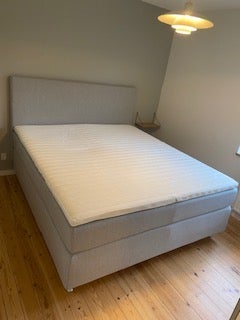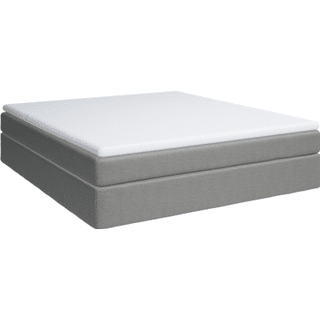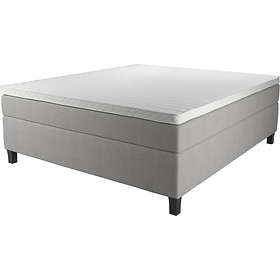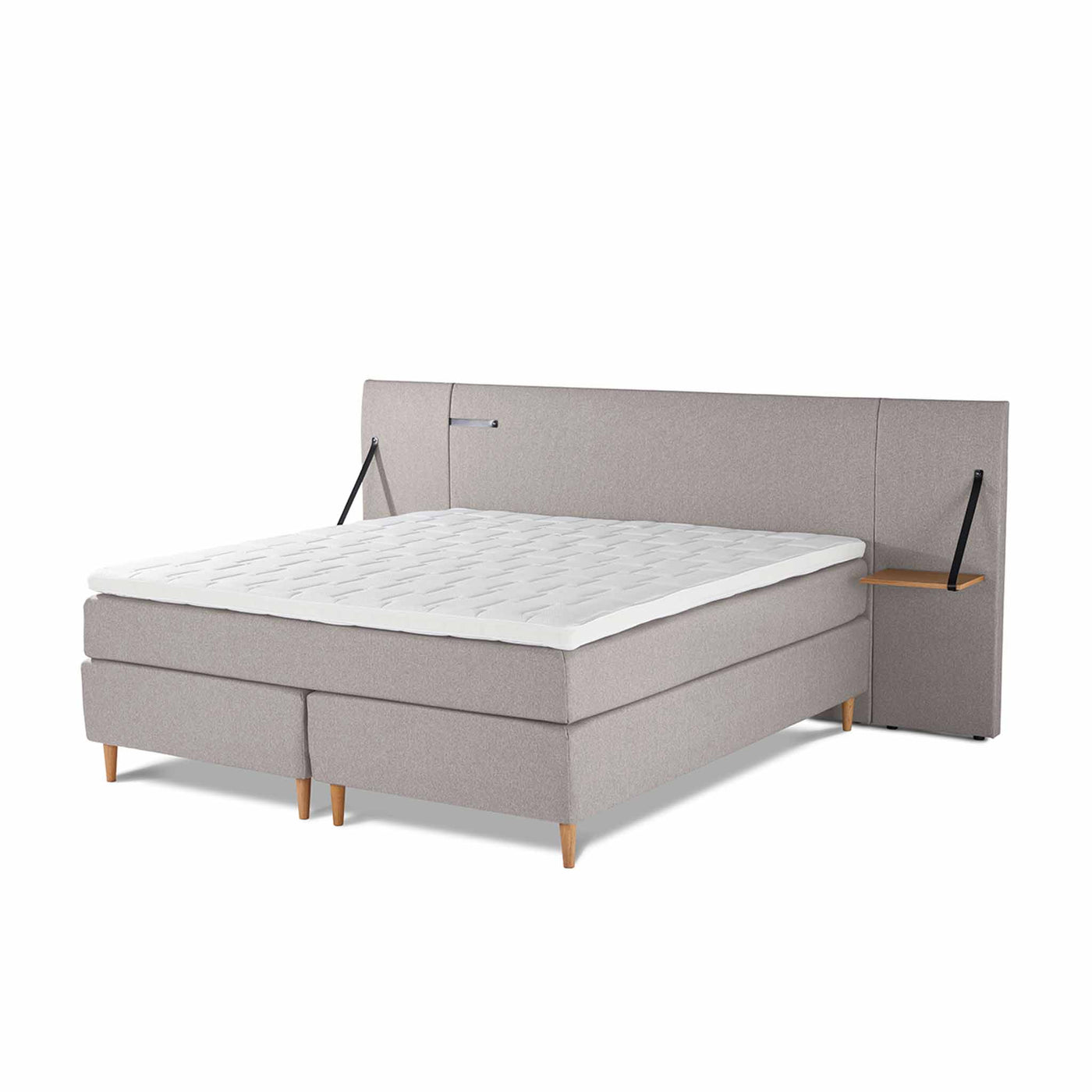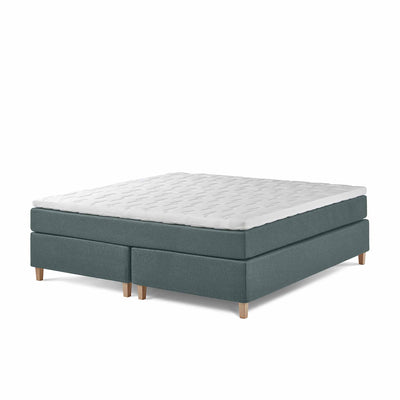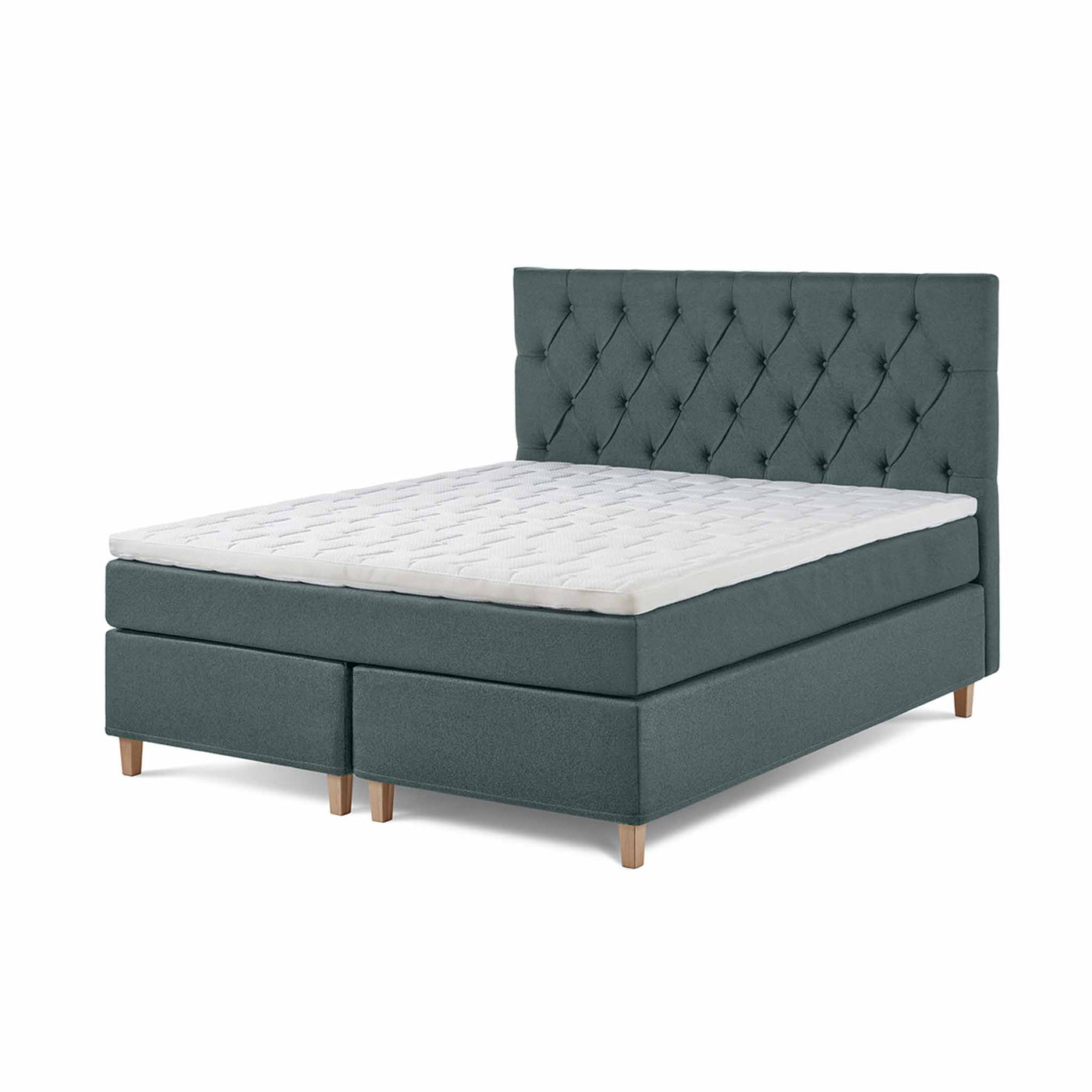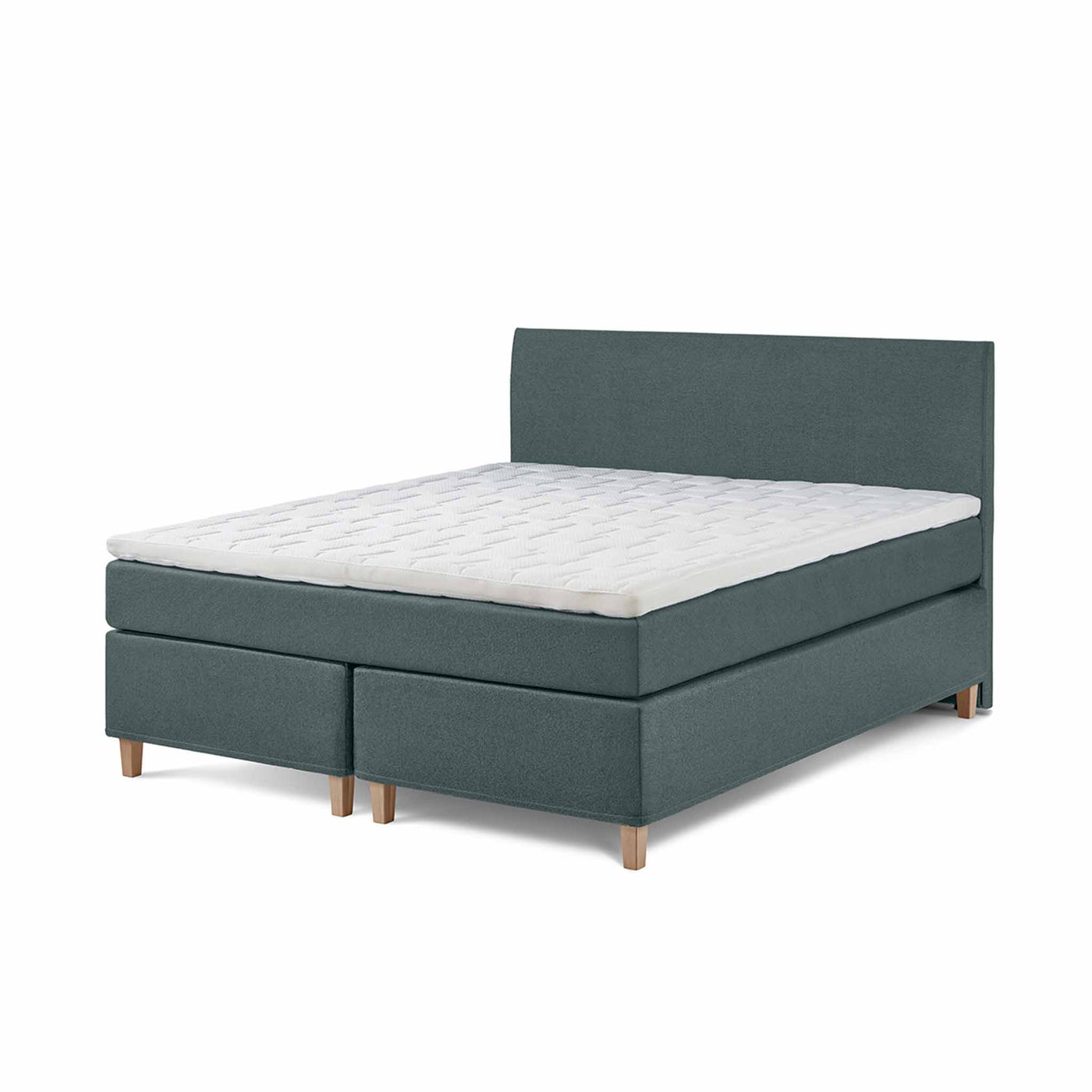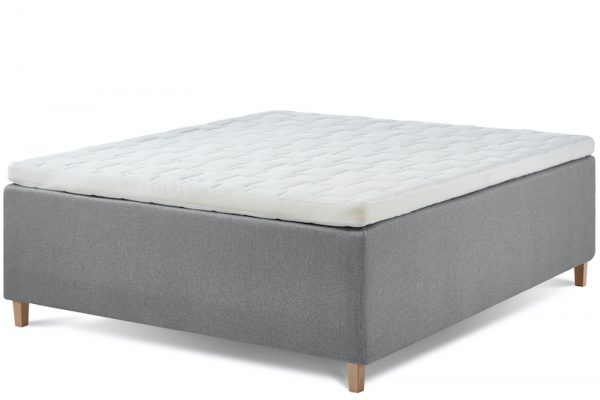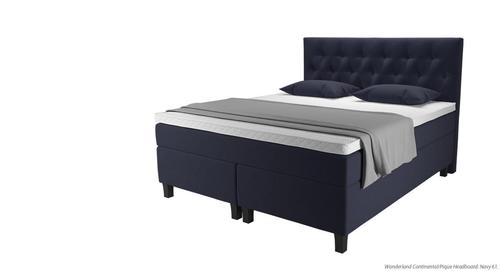
Bohus Odda - Solgt! Opus kontinental 210-210 selges fra vår utstilling. Ordinærpris 51.999.- Nå til Kr 30.000.- | Facebook

Bohus - Utstilling Selges ! Wonderland Opus kontinental med gavel, 180x200 . ( før 51 598,-) NÅ 25 799,- 🏃♀️🏃♂️🏃♀️🏃♂️ | Facebook

Bohus Odda - VI RYDDER : Opus kontinental 180-200 komplett med hodegavel Ordinær pris: 49.260.- Selges Nå: 24.630.- | Facebook
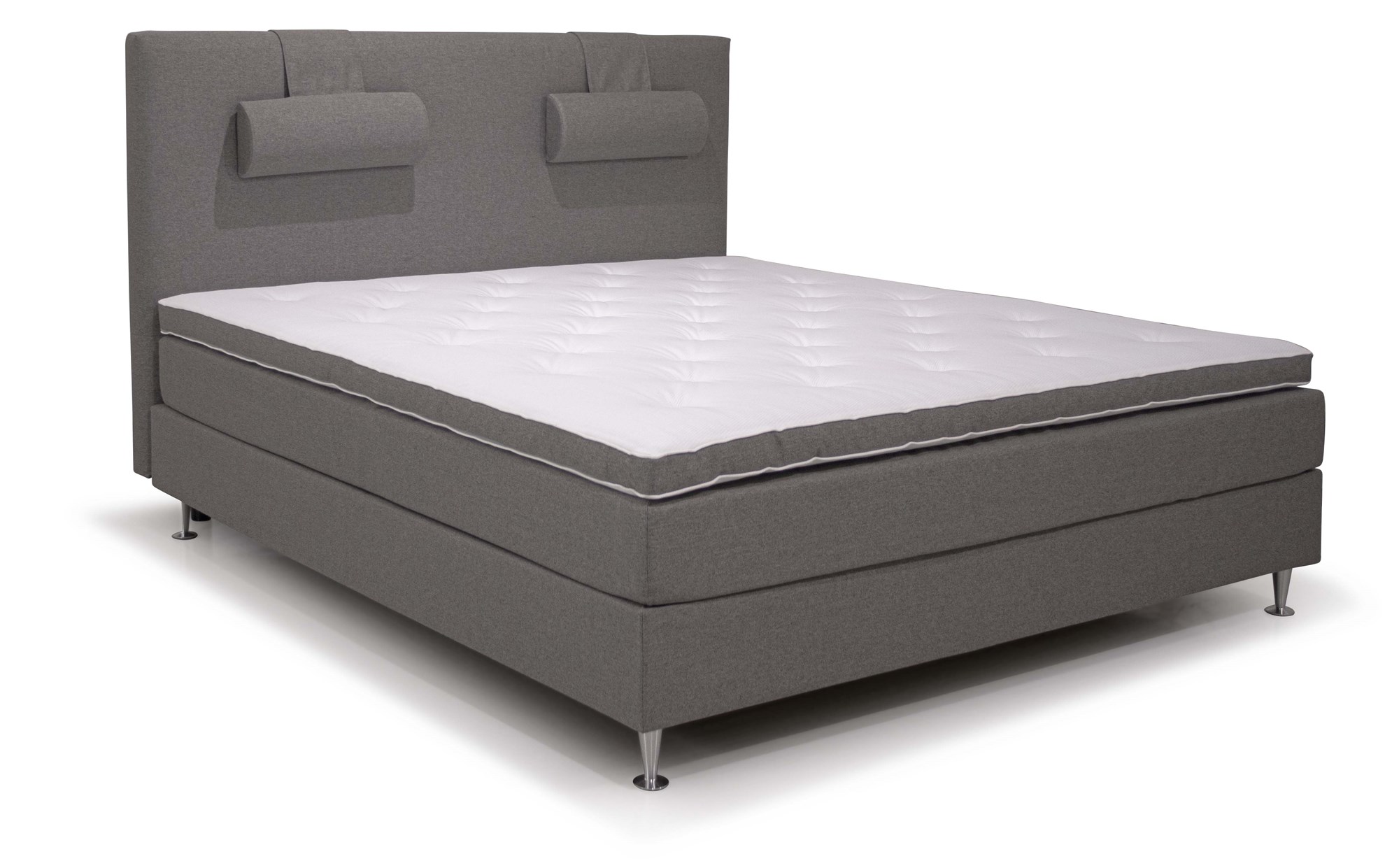
My Home Småland Opus Kontinentalseng M. Topmadras, Gavl Og Ben, Lysegrå (Ekskl. Nakkepuder) 122 Cm 209 Cm → Se online her!
